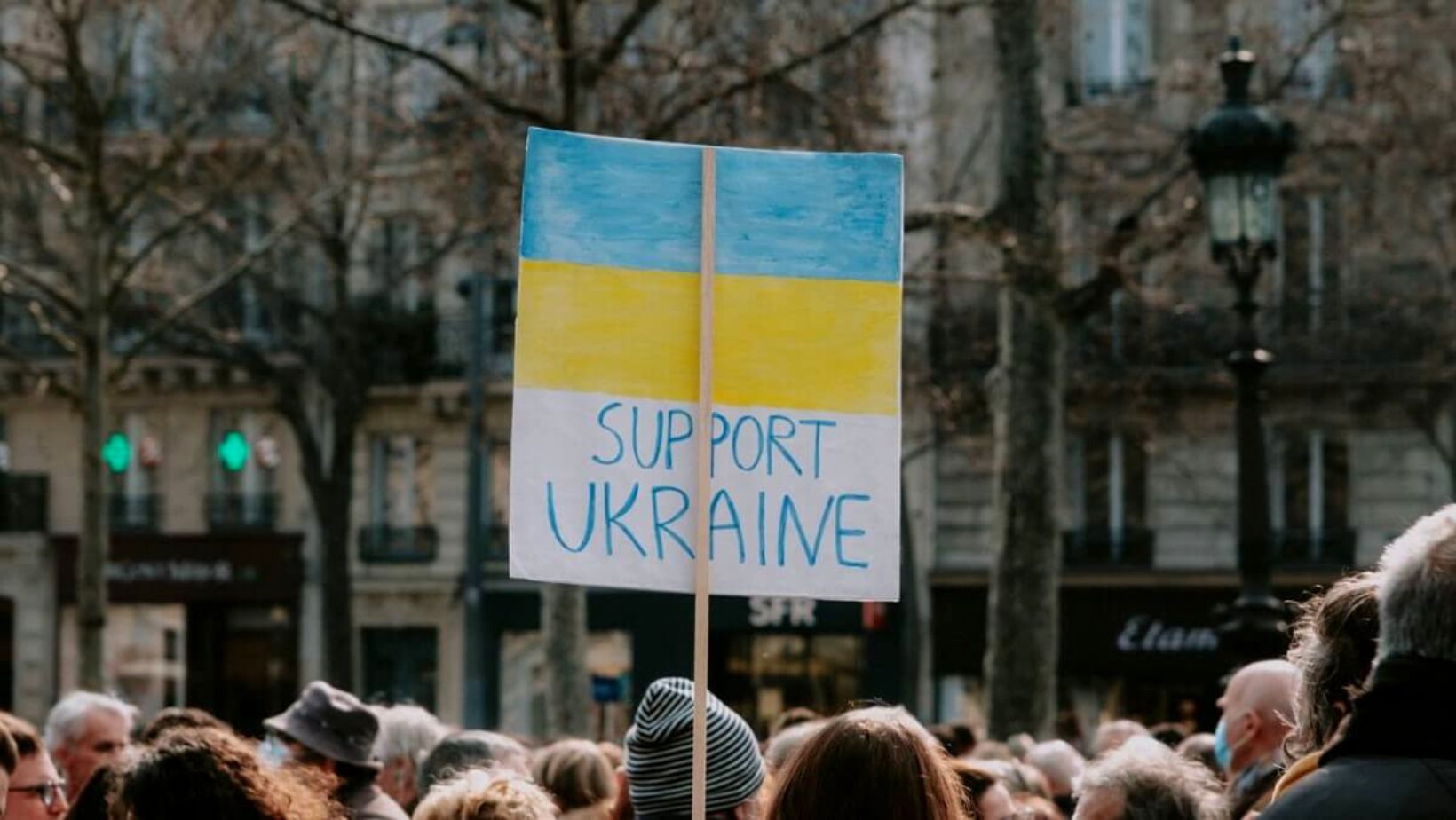60% Of Czechs Continue to Support Admission of Ukrainian Refugees, Survey Reveals

A survey conducted by the project “The Founds of the Czech Interests in the EU” in January of this year has shown that 60 per cent of respondents agreed that accepting refugees from Ukraine in the Czech Republic is the right thing to do.
Through a statement released on February 20, the European Commission revealed that this figure was a slightly higher percentage than in the summer of last year when 57 per cent of respondents in the Czech Republic said the same.
The EU Commission also emphasised that in April of the same period, the same figure stood at 70 per cent.
“The most recent survey was conducted between 4 and 15 January 2023 by a consortium of the STEM research agency, the European Institute for European Policy and the Association for International Affairs,” the statement of the EU Commission reads.
The same said that other polls conducted in 2022 by the CVVM research agency revealed that despite a general decline in public interest in events in Ukraine, more than two-fifths of Czech citizens remain interested in the situation of the displaced from Ukraine.
The Russian invasion of Ukraine has created a serious humanitarian crisis. By the end of last year, more than 17 million people, including 3.4 million children, needed humanitarian assistance.
Data provided by UNICEF shows that since the beginning of the war, more than 450,000 refugees from Ukraine, mostly children and women, have reached the Czech Republic in search of safety.
In this regard, the Head of the UNICEF Refugee Response Office in the Czech Republic, Yulia Oleinik, said that her country had opened its doors, houses and schools to Ukrainian refugees.
According to her, the solidarity of the Czech Republic shown to the refugees from Ukraine in the face of the war is an example of the best of humanity.
She also noted that UNICEF remains committed to working with government and civil society partners to support Ukrainian refugee children and their families, especially the most vulnerable.
UNICEF has helped all children affected by the war in Ukraine and neighbouring countries. The support provided by UNICEF helped the Czech government establish nine outpatient centres nationwide. As a result of the cooperation, healthcare services have been provided to over 15,000 children and women.
At the same time, around 52,000 children and teenagers were supported to enrol in local schools, and over 24,000 children and carers were given access to mental health and psychosocial support services.
Support Prague Morning!
We are proud to provide our readers from around the world with independent, and unbiased news for free.
Our dedicated team supports the local community, foreign residents and visitors of all nationalities through our website, social media and newsletter.
We appreciate that not everyone can afford to pay for our services but if you are able to, we ask you to support Prague Morning by making a contribution – no matter how small 🙂 .



